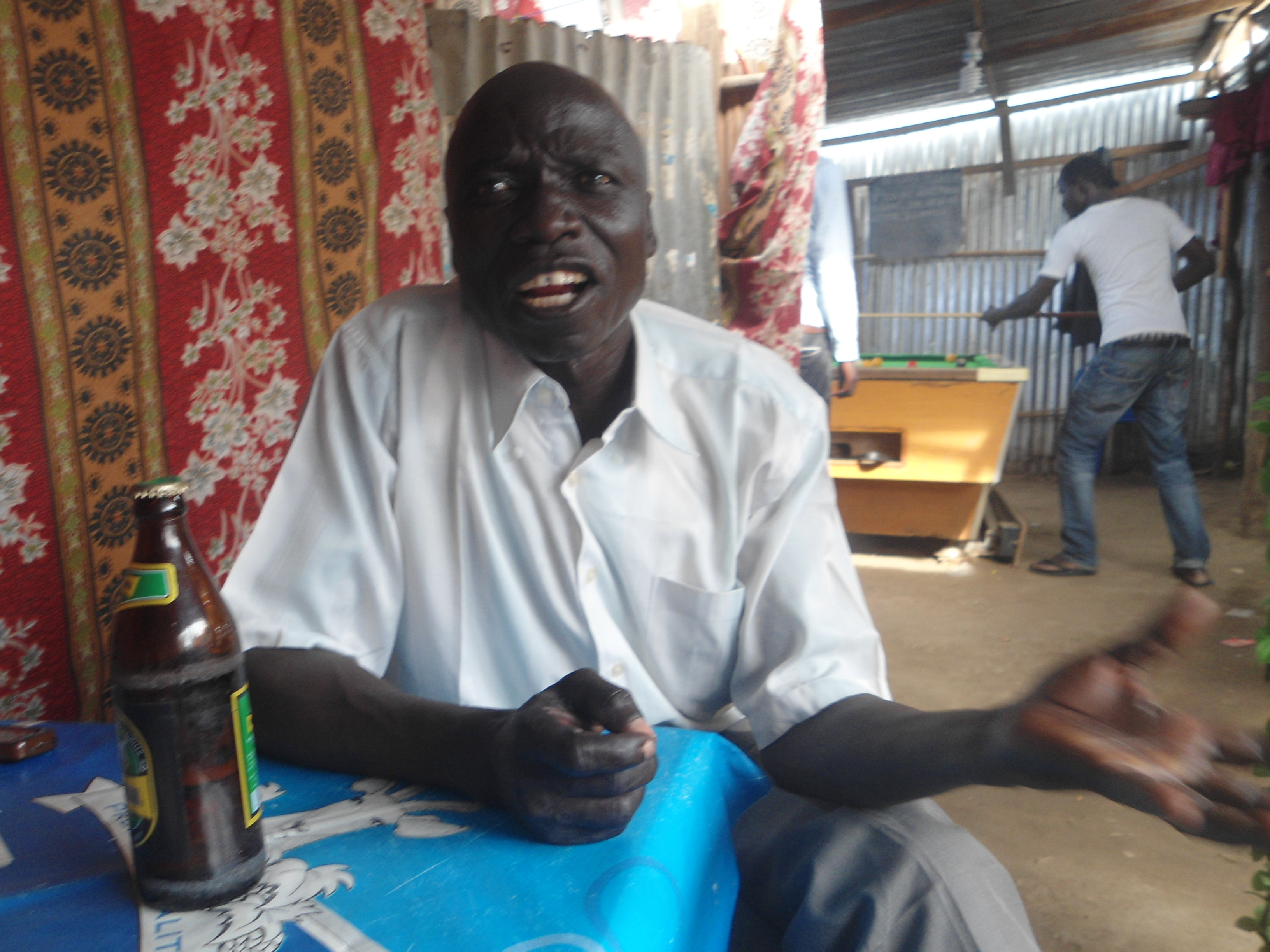After years of intensive smoking of cigarettes since 1979, James Mogga, a gardener with one of the hotels in Juba, South Sudan said he left smoking in 1989 in Oliji, a refugee camp in Adjumani, northern Uganda.
He shares his experience as explained to the New Nation how he began smoking in 1979 during Amin’s regime in Kasese, western Uganda.
“I started smoking in Kasese in 1979. I began with a cigarette called Sweet Menthol nicknamed “Saidia Malaya” (Assisting Prostitute). Why?
Because girls too liked it because it smells nice like chewing gum,” he recalls.
“From Sweet Menthol, I graduated to Rakes filter cigarettes where I was a professional smoker then till Amin was overthrown and we went to Congo, former Zaire where I lived for five years as a refugee.”
He says that in Congo he was tricked by a fellow colleague and smoked opium which made him to behave as if he was mentally not alright until he was fined for mistakes he committed unknowingly.
“My friend in a drinking joint gave me a cigarette called Lezar–at the time I did not know he had emptied it and filled it with opium. I smoked and felt something in my head,” he narrates.
According to him, he started hearing something and suddenly a wild animal appeared and he ran inside and got a panga (a machete-like tool).
“I got the panga and started cutting down the bananas where we were drinking the locally brewed alcohol. I cut the bananas till the owner came, so when he asked me I said there was a wild animal to kill for food.”
He adds that the owner arrested him and took him to the hospital to establish what was wrong but the medics found out that he was not sick but drunk. So what he did was due to the influence of alcohol.
James narrates that the following day, he was fined 100 Zaire, the currency used during late Mobutu Seseseko of Zaire, a lesson he was taught.
From 1985, James continued smoking until he came to the Sudan. Then he stayed in Kajo-Keji, his ancestral land until, after two years’ time, he again went to Uganda as a refuge because of the war between the Sudan Peoples’ Liberation Army and the Sudan government.
In Oliji refugee camp
He says they had drank and smoked till late, so he went home and the following day. He had wanted to smoke again, only to find that there was no cigarette after thoroughly checking his pockets.
“I went asking from neighbours but all had nothing and I headed straight to the shop. I had 20 shillings with me but the owner of the shop had no loose money for change. I proposed to leave the 20 shillings and go with the cigarettes but the owner said he does not like keeping my money. Then I insisted that I should be given the cigarette and pay later again it was rejected.”
James further narrated that he went home disappointed and decided to go for a long call to ease himself so as to nurse the discontent.
As he walked a distance and began squatting down, he luckily got a leftover of a cigarette by some who had defecated and disappeared.
When the refugees were first settled in the camps, they had no latrines but just defecate in the open “Matar.” Matar means in Arabic the airport where they go and empty themselves.
“I was pleased to see the leftover of the cigarette and took it very fast and started smoking. I smoked twice and the third one, the fire from the cigarette accidentally entered my tongue and burnt me seriously prompting me to throw it away,” narrating while laughing and sipping his white bull beer a bit in one of the bars in Juba.
According to James, it was the start of his new move to quit smoking as he thought and asked himself why he was smoking and a self-imposed slave to mare cigarettes.
“I entered inside and told my wife about leaving cigarette. She laughed and doubted my move. I collected all the papers in the room used for rolling cigarette and burnt them in presence of my wife. Since I decided to say no to smoking,”
He continues “I was feeling out of place for a period of two weeks and just staying indoors like a sick person. If the urge comes, I take coffee. After the two weeks, I lost interest and when fellow smokers come, I refuse to join them,”
Asked on the government’s directive to ban smoking in public places countrywide, James welcomes it saying people should respect others and where to smoke.
“Smoking shames people because even the rich borrow cigarettes from the poor and in public; smokers go hiding in bathrooms, toilets to smoke.”

The Ministry of Environment has banned smoking in public places, according to an order that came in this month covering the entire country and aims at maintaining a healthy environment.
Places listed are government institutions, airports, seaports, hotels, restaurants, cinema and bars.
Violating the order will be considered a criminal offence and the perpetrators will have to pay of fine of SSP500 apprx USD 150.
James still drinks alcohol but he says he will one time abandon drinking like how he dealt a big blow to smoking.
He also said last April, he got paid and drunk all his money with co-workers which prompted him to switch off his phone for three days to avoid calls from children since they wanted school fees paid.
“I then pressurized those with my money to pay back so as to pay the fees for my children which I luckily did.”
By Moi Julius
